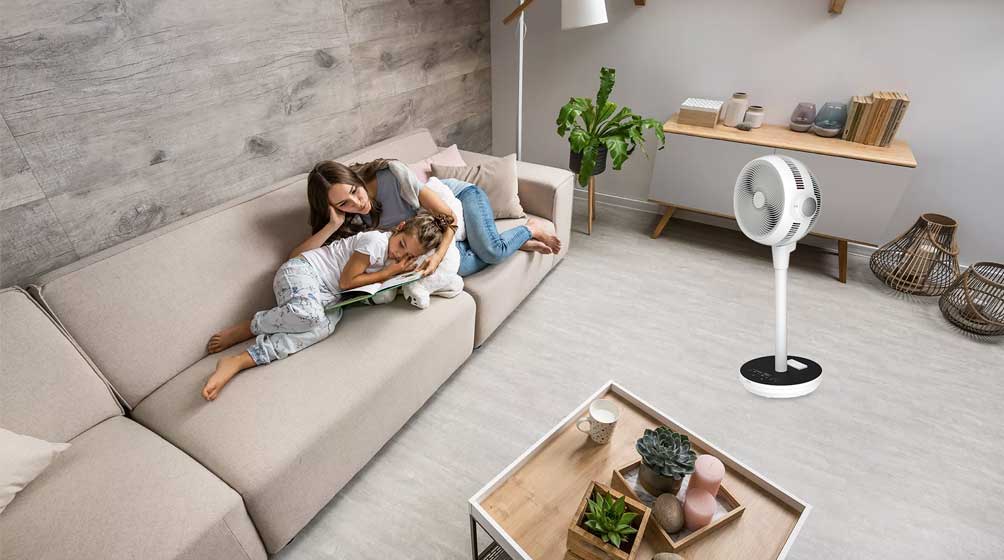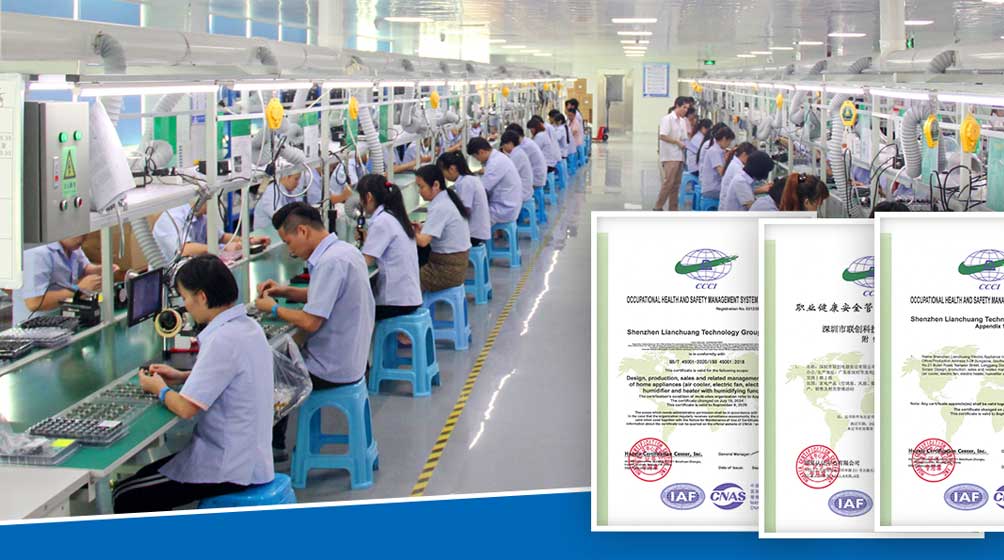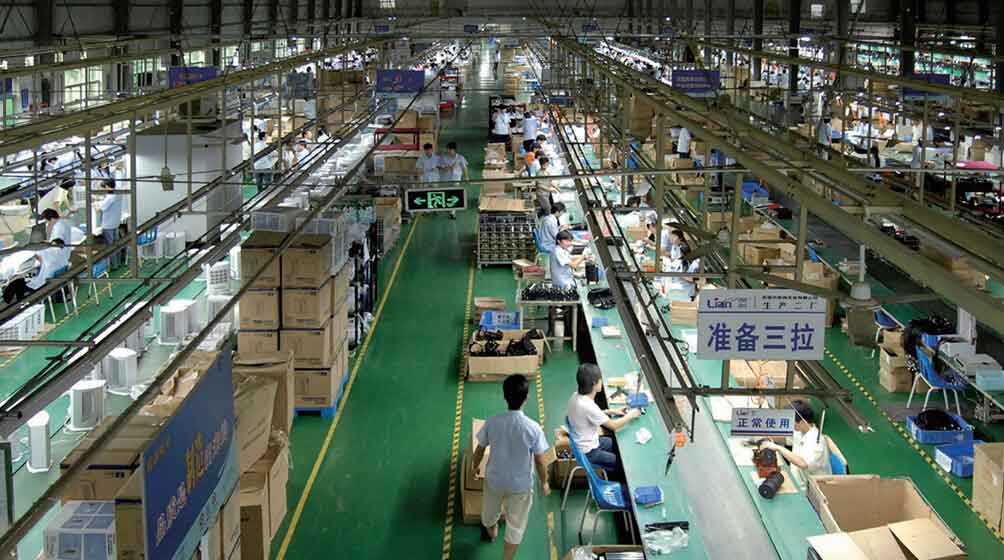The Best Air Cooler Manufacturers for 2025

LlianChuang

7288 views

January 2, 2025
As the holiday season winds down with Christmas festivities and New Year celebrations, many businesses are finalizing their goals and plans for 2025. Companies selling air coolers are actively seeking reliable manufacturers for collaboration. Today, we will explore some of the leading air cooler manufacturers globally for the upcoming year.
What do Air Cooler Manufacturers Mainly Do?
In simple terms, air cooler manufacturers produce cooling products based on orders from businesses. They ensure that the air coolers meet specified standards and can customize products according to client needs. Here are the main activities involved:
Product Research and Design: Manufacturers focus on researching and developing new cooling and air circulation technologies to improve the performance and efficiency of air coolers. This includes enhancing fan blade designs and optimizing airflow structures for more even distribution while reducing noise levels.
Production of Components: This includes manufacturing the outer casing, motors, fan blades, and other essential components.
Assembly and Testing: The production process involves assembling components in a specific workflow to create a complete air cooler. This includes installing motors, fan blades, water tanks, and circuit boards while ensuring assembly quality for stability and reliability.
Quality Control: Effective quality control is essential, involving inspections of raw materials, components, and finished products to ensure compliance with national and industry standards.
Leading Air Cooler Manufacturers Worldwide
Air cooler manufacturers are distributed across various countries, with notable players including:
China:
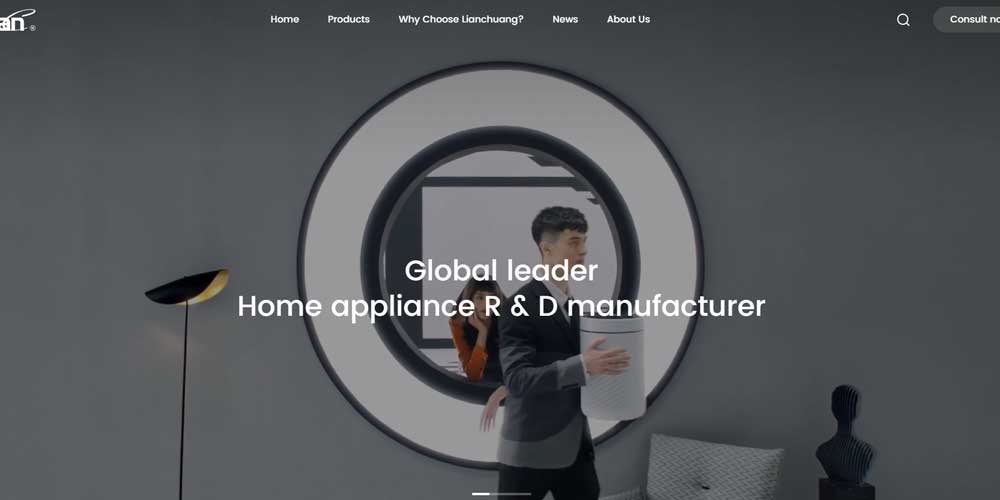
Lianchuang Electric: One of the top air cooler manufacturers in China, boasting over 30 years of production experience and annual overseas sales reaching hundreds of thousands of units.
United States:
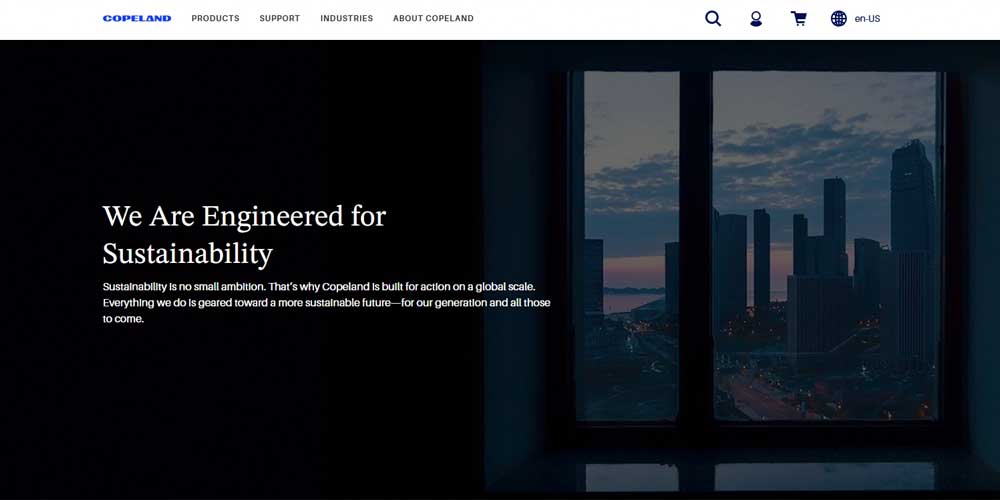
Copeland: A subsidiary of Emerson Electric Co., renowned for semi-closed compressors widely used in the commercial refrigeration market, supported by a vast network of dealers and service points.
Carrier Aircon: Another major American company producing enclosed compressors for air conditioning systems, known for its strong market influence.
Tecumseh: With a branch in India, Tecumseh-India boasts ISO 9001 and ISO 14001 certifications, enabling them to produce high-quality HFC compressors at scale.
Europe:
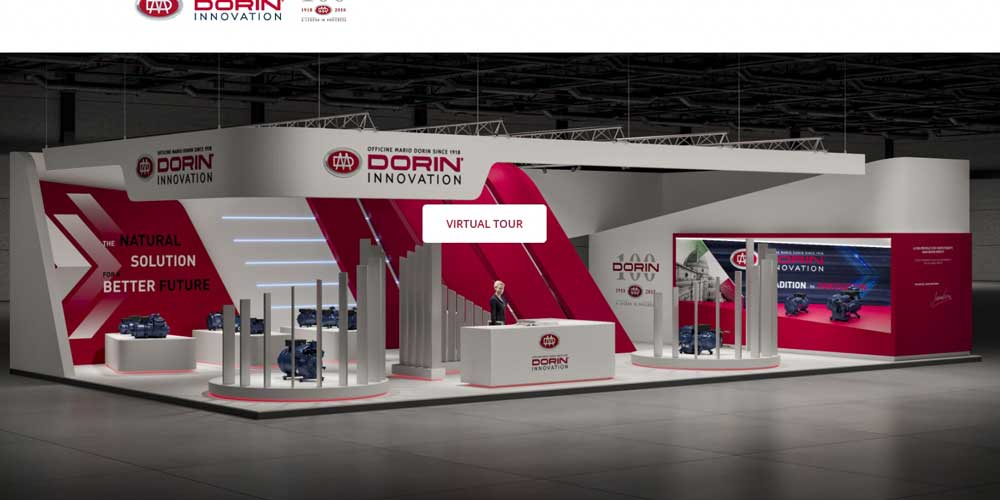
Dorin: An Italian compressor manufacturer with a long-standing history of 60 years, producing ammonia and CO2 compressors for export.
Frascold: Another well-established Italian compressor manufacturer.
Bock: A German manufacturer known for high-reputation reciprocating compressors.
Bitzer: A globalized manufacturer with plants in several countries, including Indonesia and China, particularly active in the Asian market with energy-efficient cooling systems.
Japan:
Companies such as Mayekawa, Toshiba-Carrier, Mitsubishi Heavy Industries, and Takagi are significant players in the compressor market, mainly focusing on exports.
South Korea:
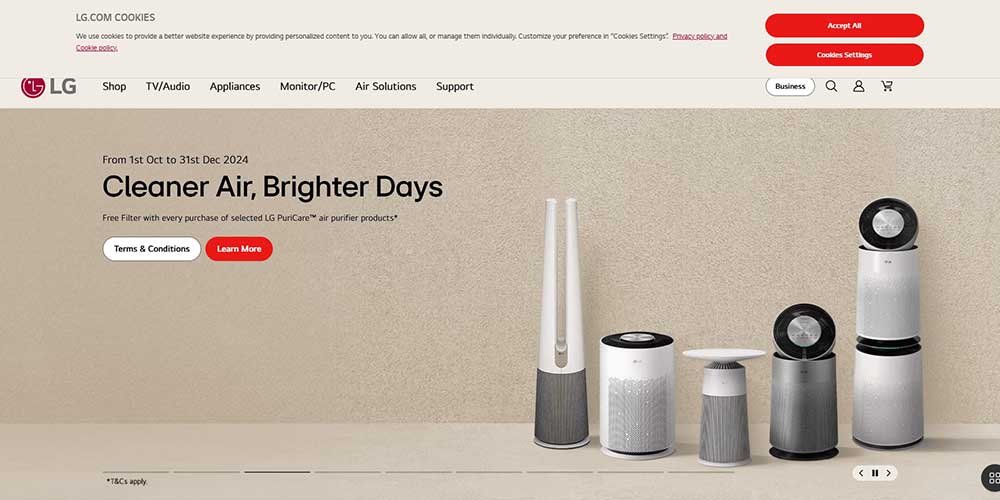
LG: Known for producing semi-closed compressors with high quality at competitive prices.
Samsung: Also excels in compressor manufacturing, particularly in rotary compressors.
India:
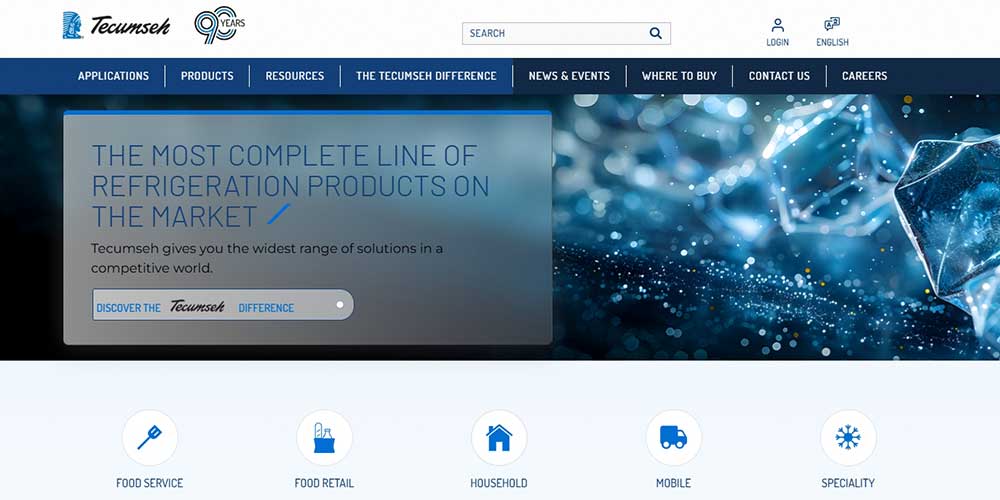
Tecumseh-India: Produces high-quality HFC compressors with ISO certifications.
Kirloskar-Copeland: Started producing semi-closed compressors in India in 1999, strengthening its market position.
Other Regions:
Taiwan and Russia: Have some compressor manufacturers, but most of their products are sold domestically.
These manufacturers each have advantages in the global market, driving the growth of the air cooler industry through technological innovation, quality products, and extensive market networks.
Common Questions About Air Coolers
Q: What are the advantages of portable air coolers?
A: Portable air coolers offer several benefits:
High Portability: Compact and lightweight, they are easy to carry and move. Clip-on models can be easily attached to desks or bedside tables, making them convenient for outdoor activities such as camping and picnics.
Energy Efficiency: Using natural airflow cooling technology, they do not require refrigerants, making them environmentally friendly. Their energy consumption is significantly lower than traditional air conditioning units, leading to long-term savings.
User-Friendly Operation: Simple operations typically involve just pressing a switch to turn them on or off. Many models also feature smart remote controls for easy adjustments.
Affordable Price: Generally costing only a few hundred yuan, they present a high cost-performance ratio compared to more expensive air conditioning units.
Versatile Functionality: Many models come with wheels for easy movement between rooms, and features like timers, remote controls, variable speed settings, oscillation, and options for ice packs to enhance cooling capacity are common.
Low Noise Levels: Designed for quiet operation, they produce minimal noise, making them perfect for restful environments.
Q: Are Evaporative Air Coolers Effective?
A: Yes, evaporative air coolers are effective.
They work by lowering air temperature through the process of water evaporation, which absorbs heat. The system uses a water pump to circulate water over cooling pads or wet curtains. A fan blows air through these pads, speeding up water evaporation and drawing heat from the air. This process results in cooler air being blown out, providing a refreshing breeze compared to the surrounding air temperature.
In hot and dry conditions, evaporative coolers perform exceptionally well. However, in high-humidity environments, their efficiency decreases significantly because the air is already saturated with moisture, reducing the rate of water evaporation and the cooling effect.
Q: Which Room Air Cooler is the Best?
A: When selecting a room air cooler, it’s essential to consider various factors, including cooling efficiency, airflow strength, price, operational duration, noise level, safety, hygiene, additional features, suitability for your environment, brand reputation, ease of installation and use, and energy efficiency standards.
By evaluating these aspects based on your specific needs and budget, you can choose the product that best fits your requirements.
Share:




